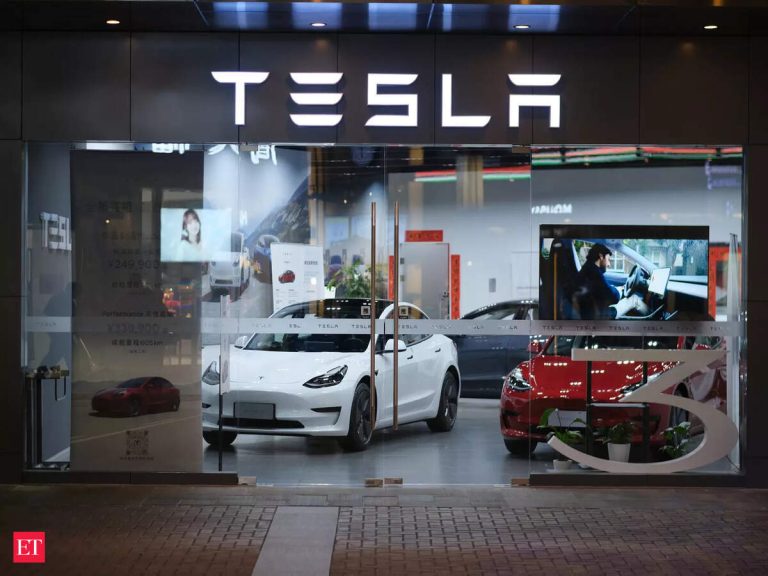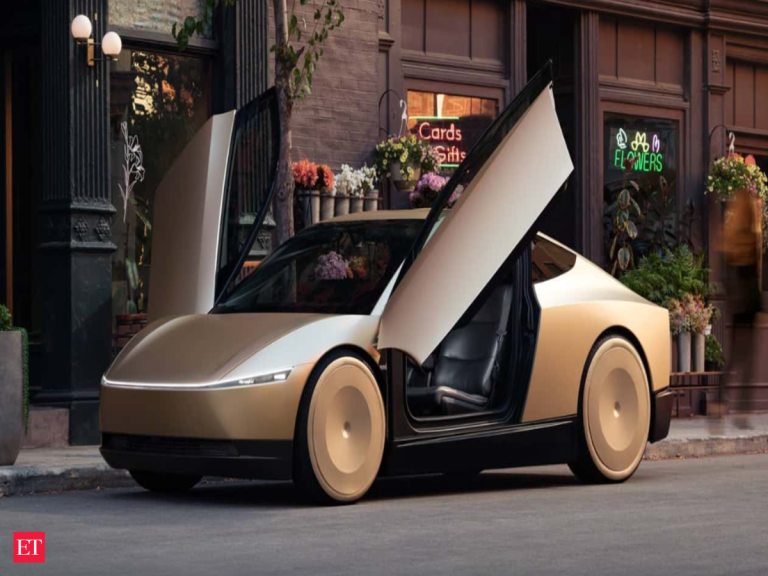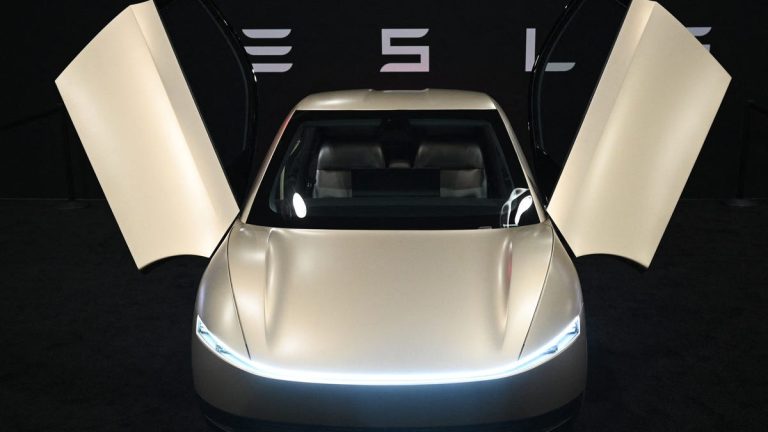
Home Automation in 2025: The Smart Home Ecosystem
Home Automation in 2025: The Smart Home Ecosystem is revolutionizing the way we live and interact with our homes. With the increasing demand for smart and connected living spaces, the smart home ecosystem has become a hub for innovation and technological advancements.
Introduction to Home Automation
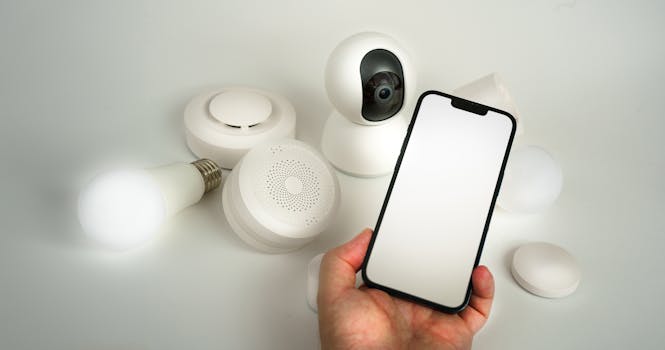
Home automation refers to the use of technology to control and monitor various aspects of a home, including lighting, temperature, security, and entertainment systems. The goal of home automation is to create a seamless and integrated system that enhances the comfort, convenience, and energy efficiency of a home.
Key Components of a Smart Home Ecosystem
A smart home ecosystem typically consists of several key components, including:
- Sensors and Devices: These are the hardware components that collect data and perform specific tasks, such as temperature sensors, security cameras, and smart lighting systems.
- Hub or Controller: This is the central unit that connects and controls all the devices and sensors in the smart home ecosystem.
- Software and Apps: These are the platforms that enable users to interact with and control their smart home devices, often through mobile apps or voice assistants.
Advancements in Home Automation Technology
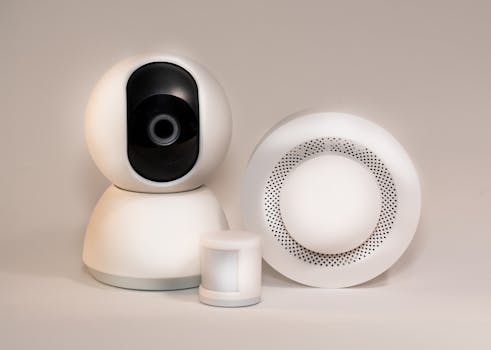
In recent years, there have been significant advancements in home automation technology, including the development of:
- Artificial Intelligence (AI) and Machine Learning (ML): These technologies enable smart home devices to learn and adapt to user behavior, optimizing energy efficiency and performance.
- Internet of Things (IoT): This refers to the network of physical devices, vehicles, and other items that are embedded with sensors, software, and connectivity, allowing them to collect and exchange data.
- 5G and Wi-Fi 6: These wireless technologies provide faster and more reliable connectivity, enabling seamless communication between smart home devices.
Benefits of a Smart Home Ecosystem
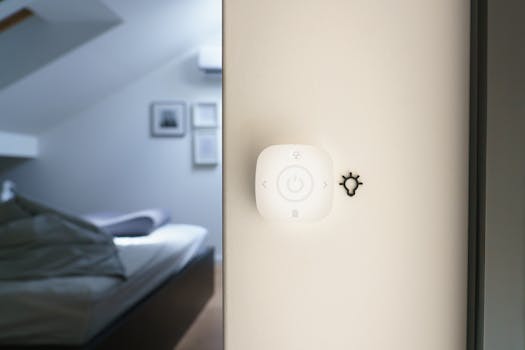
The benefits of a smart home ecosystem are numerous, including:
- Energy Efficiency: Smart home devices can optimize energy consumption, reducing waste and lowering utility bills.
- Convenience and Comfort: Smart home systems can learn and adapt to user preferences, providing a personalized and comfortable living experience.
- Enhanced Security: Smart home security systems can detect and respond to potential threats, providing an additional layer of protection for homeowners and their families.
Conclusion

In conclusion, Home Automation in 2025: The Smart Home Ecosystem is a rapidly evolving field that is transforming the way we live and interact with our homes. With the continued advancements in technology and innovation, the smart home ecosystem is poised to become an integral part of our daily lives, providing a seamless, integrated, and comfortable living experience.




